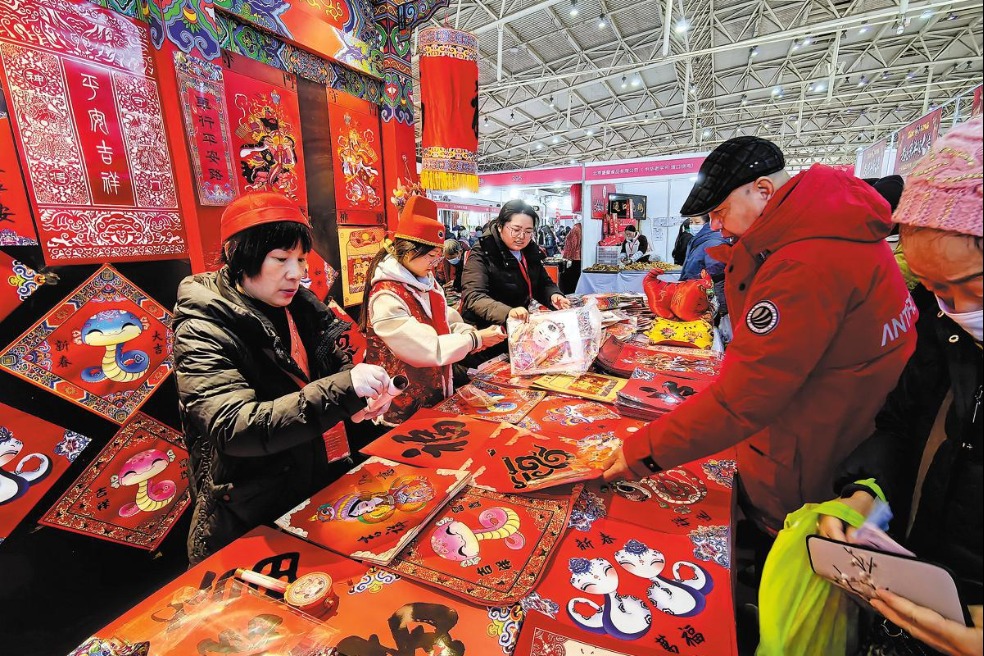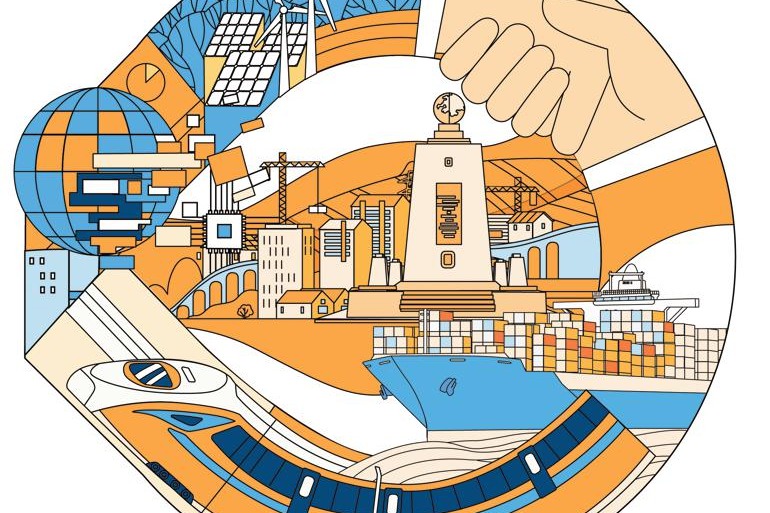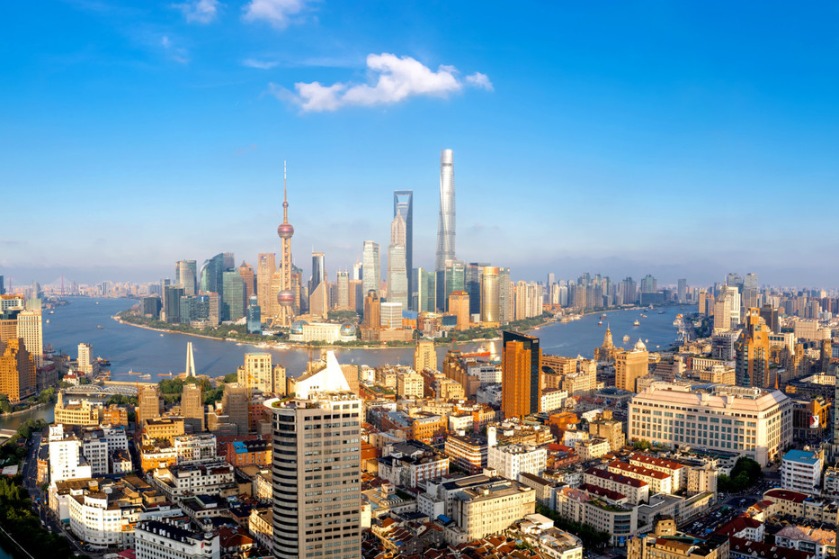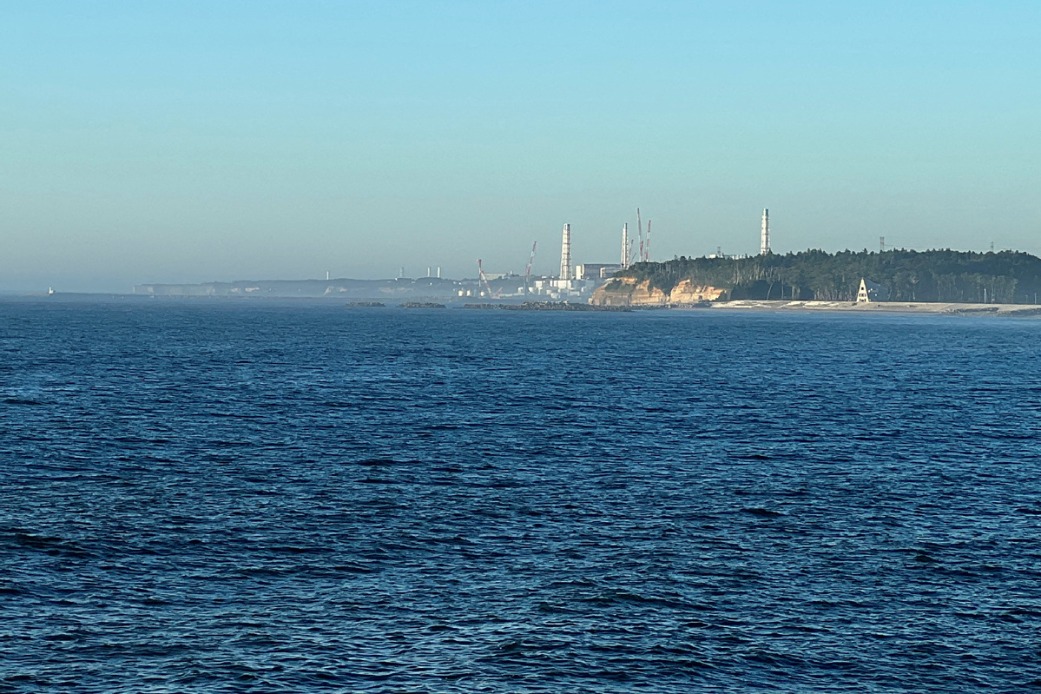Coercion claim divorced from reality: China Daily editorial

The misinterpretation and sensationalizing of remarks by Cheng Jingye, the Chinese ambassador to Australia, by some Australian media outlets and politicians is clear evidence that their bias and xenophobia against China have reached an appalling degree.
In an interview with the Australian Financial Review newspaper on April 26, Cheng merely pointed out that if Australia continues to push for a politically motivated inquiry into the source and spread of the novel coronavirus, it will turn the mood between the two countries from bad to worse and sour Chinese people’s view of the country.
Australia has joined the United States and the United Kingdom in politicizing the pandemic as a means to put pressure on China, and it is common sense that trying to stigmatize it in this way will upset the Chinese people and may influence their choices as consumers.
The conspiracy of these countries stems not from facts or science but from their own fear and jealousy.
Cheng has simply expressed what many Chinese people are feeling as the ill anti-China wind in Australia has blown stronger instead of abating since the outbreak of the coronavirus pandemic, resulting in Chinese students being the victims of assaults in Tasmania and Melbourne, and China’s national emblem being defaced by the Australian newspaper The Daily Telegraph in a bid to associate China with the virus.
With public sentiment in Australia being encouraged to turn increasingly hostile toward China, it is natural that the Chinese people should have second thoughts about buying Australian products, sending their kids to Australia for education or going there for a holiday in the future.
In recent years, China-Australia ties have steadily deteriorated due to Australia’s groundless accusations that China is engaging in espionage in Australia and trying to interfere in its internal affairs. If Australia’s coronavirus-related stigmatizing of China goes any further, it will inevitably harm bilateral cooperation in many fields, including trade.
This is not economic coercion. This is cause and effect. After all, who would want to do business with a foreign country that is so hostile? That would simply be the natural outcome if Canberra continues on its current course; to call it coercion is just political posturing.
It takes two to tango. Australia should stop dreaming that it can continue to reap economic benefits from China while repeatedly trying to harm it with its political provocations.


































